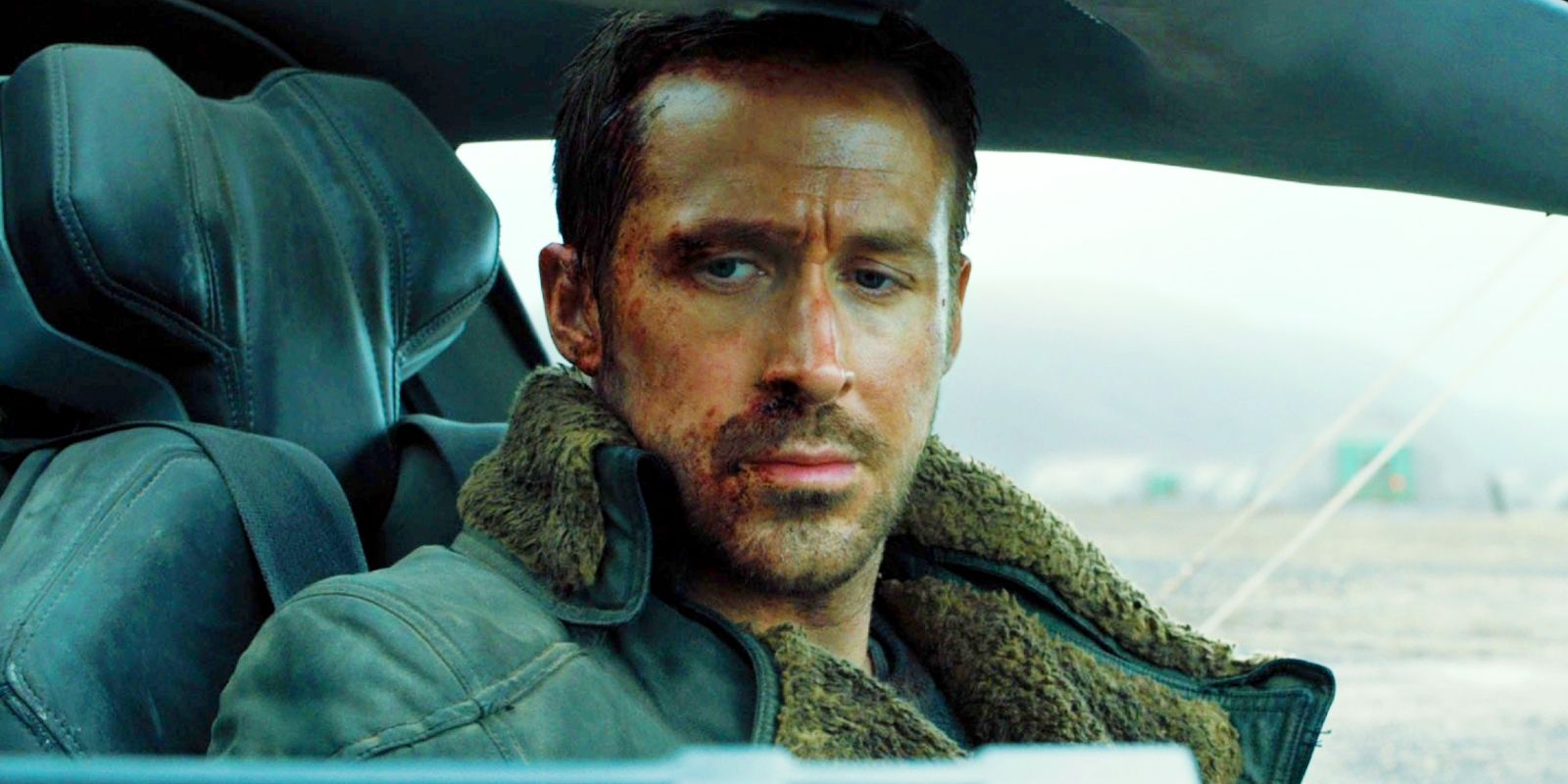Jimmy Carter, who followed a principled yet tumultuous single term in the White House with a post-presidency dedicated to human rights and peace advocacy, died this afternoon in his hometown Plains, Ga., The Carter Center said.
The nonprofit organization said there would be public observances in Atlanta and Washington, D.C., as well as a private interment in Plains, Ga. The final arrangements of a state funeral are still pending.
At 100, Carter — who was born on Oct. 1, 1924 — lived longer than any other U.S. president and had the longest post-presidency. In hospice care for almost two years, Carter nevertheless survived long enough to vote in the most recent presidential election, as his grandson, Jason, said that he was determined to cast his ballot for Kamala Harris. He also made a brief public appearance on his centennial, to watch a military flyover to honor the occasion.
Chip Carter, his son, said in a statement today: “My father was a hero, not only to me but to everyone who believes in peace, human rights, and unselfish love. My brothers, sister, and I shared him with the rest of the world through these common beliefs. The world is our family because of the way he brought people together, and we thank you for honoring his memory by continuing to live these shared beliefs.”
In 1974, not even five months after Richard Nixon resigned the presidency, Carter entered the race for the Democratic nomination as a virtual unknown. At the time, Gallup polled a list of 31 possible Democratic contenders, and Carter’s name didn’t even make the list, according to The New York Times. Then in his first and only term as governor of Georgia, Carter had even appeared on the game show What’s My Line?, to a maskless panel that had trouble identifying who he was.
Carter used his political anonymity to his advantage, running as an outsider who could bring to Washington just the type of integrity and personal morality needed in the aftermath of the Watergate era. His decision to campaign heavily in the first-in-the-nation Iowa caucuses proved fortuitous, as he used the media attention from his unexpected showing as a springboard for the rest of the nomination contests.
In Hollywood, the relatively young Carter became a celebrity in his own right, forging ties with Lew Wasserman that gave him an entree into fundraising and the celebrity circuit. That proved to be a lifeline at key moments in the campaign: At one point, according to The Washington Post, Carter’s campaign was so broke that Wasserman quickly organized a fundraiser that got the campaign a badly needed $200,000.
After securing the nomination, Carter was initially way ahead of his rival, President Gerald R. Ford, who was hurt by his decision to pardon Nixon as well as an intra-party battle with its conservative wing. The gap narrowed in the final weeks of the campaign, though, after Carter, a born-again Baptist, gave an interview to Playboy in which he said, “I’ve looked on a lot of women with lust. I’ve committed adultery in my heart many times.” Carter still won the election, but by a rather narrow 297-240 electoral votes.
His victory was greeted as a new era of good government in Washington — the Carter smile a contrast to the scowl of Nixon. The fact that he was from Georgia was touted as a sign of a new South, built on the rather superficial idea that the racial divisions of the 1960s were in the past. Pop culture seized on the moment with light-hearted movies like Smokey and the Bandit and TV series like The Dukes of Hazzard that generally presented the region as one of rednecks and good ole’ boys. ABC even scheduled a rural sitcom, Carter Country, that ran for two seasons.
Carter himself embraced musicians such as the Allman Brothers, Bob Dylan and Johnny Cash, a contrast to the more conservative tastes of past White House occupants and chronicled in the 2020 documentary, Jimmy Carter: Rock & Roll President.
In the first line of his inauguration speech, Carter thanked Ford “for all he has done to heal our land,” but the new president signaled a shift to a center-left approach to government.
In the White House, Carter shunned the pomp in favor of a more populist image: He did away with the playing of Hail to the Chief at ceremonies and resurrected Franklin Roosevelt’s fireside chats, as he instructed Americans on conservation during the ongoing energy crisis.
Even with large majorities of Democrats in the House and Senate, however, Carter’s early days in D.C. drew friction. A scandal forced a close aide, Bert Lance, from office, while the administration’s clashes with Democrats in Congress, on such things as pork barrel spending, hurt his agenda.
His leadership style drew criticism for a lack of delegation. One widely shared story was that he even oversaw the schedule for play on the White House tennis court, although his chief domestic policy adviser Stuart Eizenstat later said that Carter only wanted to ensure that he or First Lady Rosalynn Carter weren’t using it at the same time. “The notion that he micromanaged the schedule is just incorrect, but it fit in with this notion of excessive attention to detail. It was actually an act of huge generosity to his staff,” Eizenstat said at the National Book Festival in 2018.
Carter’s energy policy was later seen as prescient, decades before climate change became a national priority with a solution to conserve and wean the public off of fossil fuels. The energy crisis of 1979 saw Americans again facing long lines at gas stations. Carter gave a nationally televised speech that summer, when he said that the problem was a “crisis of confidence.” “The erosion of our confidence in the future is threatening to destroy the social and the political fabric of America.” Although he never used the word, it came to be known as the “malaise” speech, contributing to the impression that Carter’s administration was flailing.
The pinnacle of his presidency came on Sept. 17, 1978, when, following 12 days at Camp David, he announced a peace deal between Israel and Egypt, with a treaty signed the following year. Broadcasters interrupted their regular primetime programming — which that night included the Emmy Awards — to cover the deal.

His foreign policy successes, though, were overshadowed by the Iranian hostage crisis. In November, 1979, following the revolution that ousted the U.S.-supported Shah, a group of students seized the U.S. Embassy in Tehran, taking 52 diplomats and citizens hostage.
The resulting attempts to free the hostages consumed Carter’s presidency. A rescue attempt on April 24, 1980 failed after helicopter crashes forced the mission to be aborted. Each night, Americans were reminded of the crisis on TV, as ABC created nightly reports called America Held Hostage with Ted Koppel, the forerunner to Nightline.
Despite the ongoing crisis Carter was still viewed as having an incumbency advantage going into the 1980 presidential race, but his political fortunes turned as he faced a serious primary challenge from Senator Edward Kennedy. Although he beat him for the presidential nomination, the intra-party battle left Democrats divided.
More bruising to Carter’s political fortunes, though, was stagflation, or rising inflation combined with slowing economic growth and high unemployment. A recession in early 1980 coincided with the start of Carter’s reelection campaign.
On the right, Ronald Reagan secured the Republican nomination with a mix of personal charisma and an ability to connect with working class voters, who came to be known as Reagan Democrats, disaffected with the state of the economy. Although Carter and his team tried to characterize Reagan as too extreme and untrustworthy, the former actor turned in a superior debate performance, in part with just one line in response to the incumbent president’s criticisms: “There you go again.”
Reagan’s landslide was a bruising defeat for Carter, who was relatively young, 56, when he left office. He sold off his peanut business, then in deep debt, to Archer Daniels Midland, and earned a generous advance for his memoirs, Keeping Faith, the first of dozens of more books.
But far from retiring, Carter pursued some of the human rights policy focus of his White House tenure. He built houses for Habitat for Humanity. He tried to solve the problem of Guinea worm disease in African countries and other regions, and, with his initiative, it has been nearly eradicated. He supervised elections. At times he acted as a peace broker, as he did during the Camp David accords.
More than 20 years after leaving office, in 2002, Carter was awarded the Nobel Peace Prize.
“War may sometimes be a necessary evil,” Carter said in his acceptance speech. “But no matter how necessary, it is always an evil, never a good. We will not learn to live together in peace by killing each other’s children.”
After his presidency, he and Rosalynn returned to Plains, Ga., where they continued to be active members of the community. The former president’s regular Sunday school lessons at Maranatha Baptist Church became a stopping point for politicians and tourists until he was well into his 90s. In a profile in 2018, the Post reported that Carter was “the only president of the modern era to return full-time to the house he lived in before he entered politics.” The Carters’ two-bedroom ranch home was assessed at $167,000, less than the cost of the Secret Service vehicles parked outside, the publication noted.
James Earl Carter Jr. was raised in Plains and graduated from the U.S. Naval Academy. He left his military career in the 1950s to focus on the family business, peanut farming. At the time, Georgia was defiant in its resistance to segregation, but Carter spoke out in favor of school integration.
He entered state politics in 1962 and was elected to the state senate, in an unlikely campaign that foreshadowed his work as an international election observer. He lost the Democratic primary, but proved widespread vote fraud orchestrated by a local political boss. Among other things, 117 voters had allegedly lined up in alphabetical order to cast their ballots, a fact that Carter recounted in his 2015 book, A Full Life: Reflections at Ninety. He eventually got on the general election ballot and won.
Carter ran for governor of Georgia in 1966, but lost the primary to segregationist Lester Maddox. Carter ran against in 1970 and won.
Carter is survived by three sons, John William (Jack), James Earl III (Chip) and Donnel Jeffrey (Jeff) and a daughter, Amy Lynn, as well as 11 grandchildren and 14 great grandchildren. A grandson, Jeremy Carter, died in 2015. His wife, Rosalynn, died in November 2023. They had been married for 77 years, longer than any presidential couple, and a bond that the former president credited for his unlikely path into politics and the White House.
Carter said at his wife’s passing, “Rosalynn was my equal partner in everything I ever accomplished. She gave me wise guidance and encouragement when I needed it. As long as Rosalynn was in the world, I always knew somebody loved and supported me.”









 English (US) ·
English (US) ·